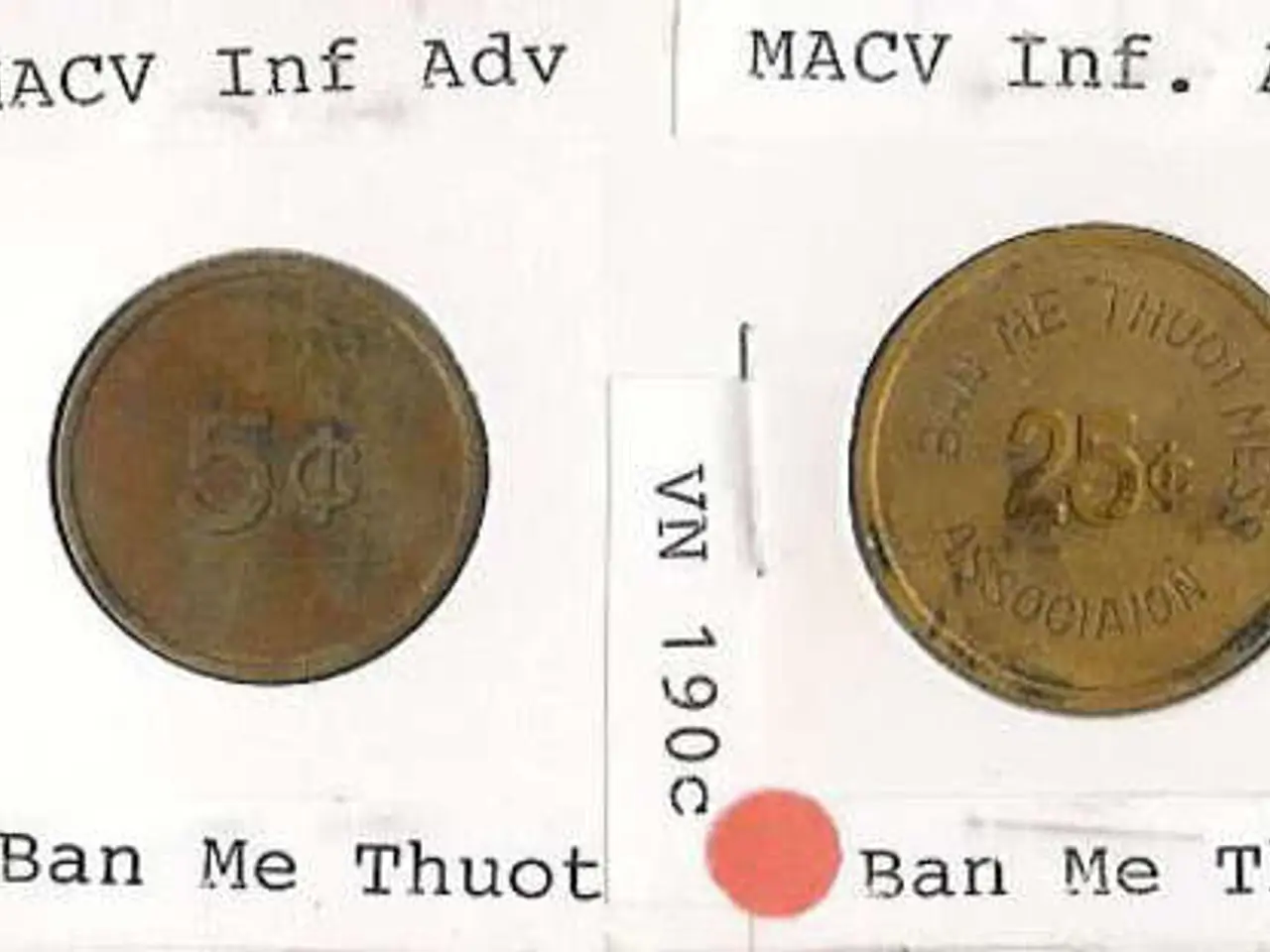Household Fire Prompts Caution About Battery Use
In a recent warning, Cambridgeshire's fire service has highlighted an increase in battery-related fires in homes this year, surpassing the 20 incidents reported in 2024. To prevent such incidents, station commander Gareth Boyd has emphasised the importance of adhering to certain safety precautions when charging electronic devices.
Firstly, it is crucial to charge devices only on hard, flat, and well-ventilated surfaces. Soft surfaces such as beds, couches, pillows, or blankets should be avoided, as they can trap heat and increase the fire risk.
Secondly, devices should be kept in cool environments during charging. High temperatures accelerate battery wear and increase overheating risks. Therefore, do not charge devices in direct sunlight, hot weather, or poorly ventilated spaces.
Avoid fast charging in hot conditions, as fast charging generates more heat. This should be avoided when ambient temperatures are high.
Using only quality, certified chargers and cables is essential. Damaged, frayed, or uncertified charging equipment can spark or malfunction, posing a potential fire hazard. Always use manufacturer-approved or safety-certified accessories.
Unplugging chargers during thunderstorms and when not in use is also advisable. This reduces the risk of electrical surges that could damage devices or cause fires.
Do not place charging devices under blankets or pillows or in contact with skin. This prevents dangerous heat buildup.
Replacing old or swollen batteries promptly is also important. Batteries that degrade over time are more likely to overheat. Have them replaced at authorized service centers.
The fire service also advises people to leave their devices uncovered when charging to prevent batteries from getting too hot. In a recent incident on Gladstone Street in Millfield, Peterborough, a lithium-ion battery in a tablet is believed to have overheated while left charging, causing a fire.
Firefighters have warned people to unplug their devices when fully charged following this incident. Mr Boyd emphasised that most devices come with safety features to prevent overheating during correct charging.
By following these precautions—charging only on hard surfaces, maintaining good ventilation, using certified chargers, avoiding overheating, and monitoring battery health—you can significantly reduce the risk of battery-related fires at home.
- To further minimize the risk of battery-related fires, it's essential to use only quality, certified chargers and cables, as damaged or uncertified equipment can spark or malfunction, increasing the danger of fires.
- In addition, when charging devices, they should be left uncovered to prevent batteries from overheating, as a lithium-ion battery in a tablet believed to have caused a fire on Gladstone Street in Millfield, Peterborough, as an example.




